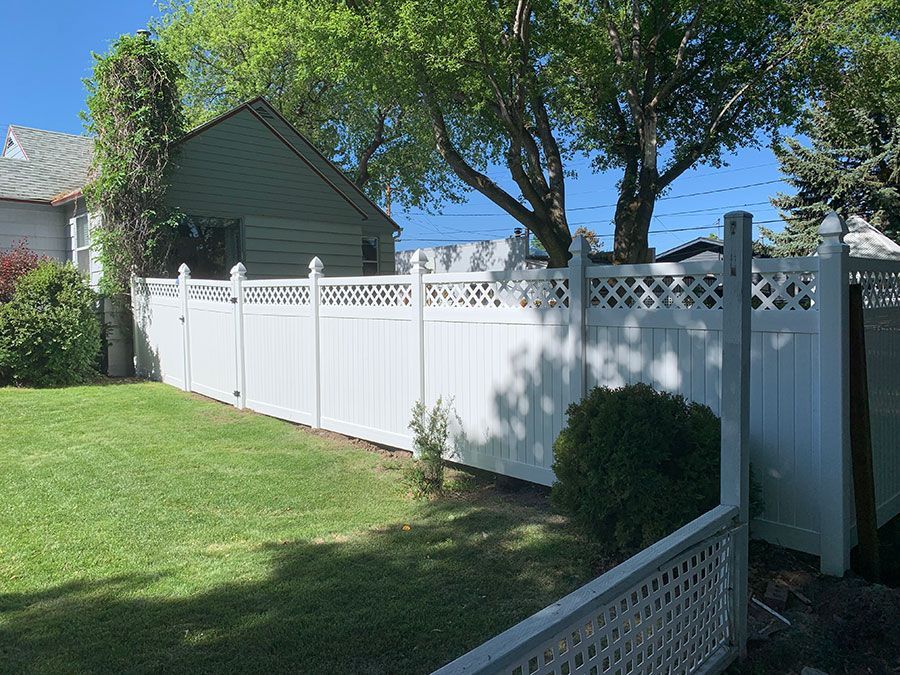You don’t need a professional to keep your fence in great shape. With the right equipment and some basic knowledge, you can easily handle common fence problems on your own. Here’s how to do basic fence maintenance yourself.
Essential Tools for DIY Fence Maintenance
To get started with fence repairs, gather the necessary tools. Below is a list of must-haves for most basic fence maintenance tasks:
- Hammer – Ideal for fixing loose nails or damaged boards
- Screwdriver – Great for tightening screws in wooden or metal fences.
- Post Level – Use a post level to guarantee your fence posts are perfectly aligned.
- Paint or Stain – Using paint or stain protects wood from the elements and prolongs its lifespan.
- Wire Cutters – Wire cutters are great for trimming wire fences or removing tangled vines.
Step-by-Step Fence Repair Guide
Fixing a Loose Board
A loose or broken board is an easy fix with the right tools. Here’s a step-by-step guide to help you repair it:
- Use a hammer or screwdriver to remove any loose nails or screws.
- Reposition the board and fasten it with fresh nails or screws.
- Consider adding a corner bracket or additional reinforcement to ensure stability.
Tips for Sealing and Staining Wooden Fences
Staining or sealing your wooden fence helps protect it from weather damage and keeps it looking fresh:
- Begin with a thorough cleaning, ensuring you remove all dirt, debris, and mildew.
- Choose a suitable stain or sealant for outdoor use.
- Evenly apply the stain with a brush or sprayer, working from top to bottom.
- Allow it to dry completely before putting the fence back to use.
When to Call a Professional for Fence Repairs
Not all fence repairs are suitable for DIY. Simple tasks like tightening screws or replacing boards are easy to handle, but major issues may require professional help:
- Extensive structural damage, such as leaning posts or a sagging fence.
- Electric or high-security fences that require specialized knowledge.
- Major weather damage that could compromise the integrity of the entire fence.
When in doubt, it’s best to call a professional. It will save you time, money, and avoid any unnecessary stress.
